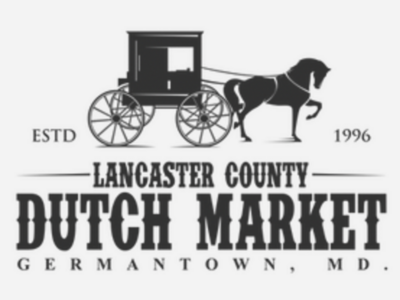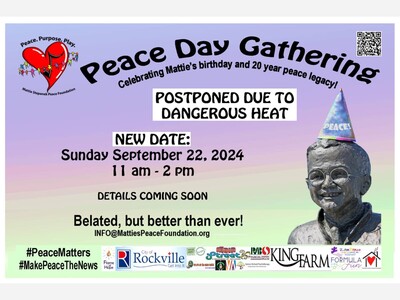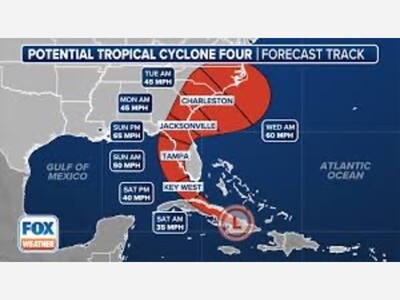3-19-2024 8:58am
Republican Party formed to Oppose Slavery
The Republican Party, also known as the GOP (Grand Old Party), was founded in 1854 in Ripon, Wisconsin. It emerged in response to the expansion of slavery into American territories after the passage of the Kansas–Nebraska Act. Here’s what led up to its formation:
- Slavery Debate: The issue of slavery was a major point of contention in the mid-19th century. The Republican Party formed as a coalition opposing the extension of slavery into new territories and states.
- Free Soil Movement: The party’s roots can be traced back to protest meetings held in several northern states. These meetings were organized by former members of the Whig, Democratic, and Free Soil parties. The Free Soil Party advocated for preventing the spread of slavery into newly acquired western lands.
- Anti-Nebraska Movement: The passage of the Kansas–Nebraska Act in 1854 intensified the debate over slavery. This act allowed settlers in the Kansas and Nebraska territories to decide whether to allow slavery within their borders. The Republican Party emerged as a response to this controversial legislation.
- Northern Support: The early Republican Party consisted of various groups, including northern Protestants, factory workers, professionals, prosperous farmers, and, after the Civil War, former black slaves. It gained significant support in the Northern United States, where it enlisted former Whigs and Free Soil Democrats to form majorities in nearly every Northern state.
- Abolition of Slavery: The Republican Party opposed the expansion of slavery and played a crucial role in the abolition of slavery during the Civil War. With the election of Abraham Lincoln as its first president in 1860, the party guided the Union to victory in the war.
- Post-Civil War Dominance: After the Civil War, the Republican Party largely dominated the national political scene until 1932. It championed policies such as the national banking system, the gold standard, railroads, and high tariffs.
- The Progressive Party: In 1912, former Republican president Theodore Roosevelt formed the Progressive Party (also known as the Bull Moose Party) after being rejected by the GOP. He ran unsuccessfully as a third-party presidential candidate, advocating for social reforms.












